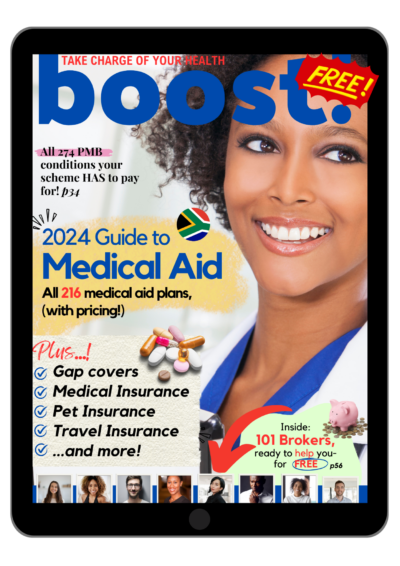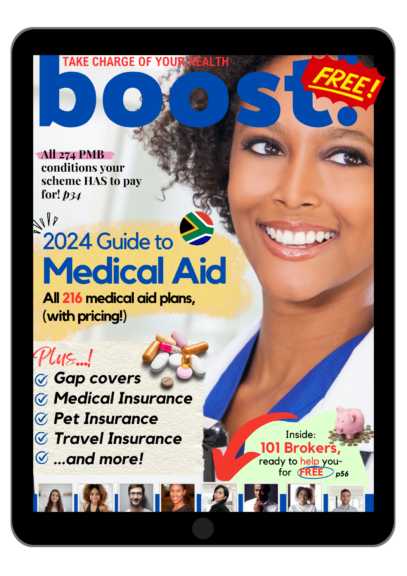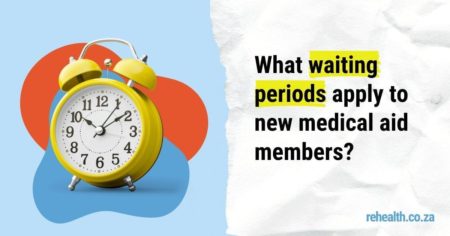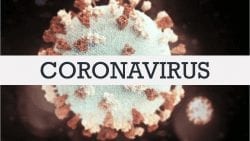Mild to moderate disease
Treatment and care for the management of mild to moderate disease is PMB level of care.
Cough suppressants, such as codeine-containing cough mixtures, are not indicated, and are not available in public sector health facilities. These cough mixtures are not recommended as PMB level of care for COVID-19.
Given that the scheme is notified of all positive cases of COVID-19 irrespective of the severity, medication prescribed by the doctor for COVID-19 confirmed patients should be funded as PMB level of care. The provider should include the correct ICD 10 code (U07.1) on the prescription. To reduce the administrative burden, and given that this is not a chronic condition, no prior authorisation is required. Generic substitution is permissible, unless provider instructs otherwise.
Severe disease
Patients with severe disease are closely monitored and any signs of clinical deterioration (e.g.respiratory failure and sepsis) are managed appropriately.
Based on clinical diagnosis, treatment of co-infections with empiric antibiotics is recommended and this may include treatment of pneumocystis pneumonia (PCP), influenza and atypical bacterial pathogens.
Supportive treatment includes oxygen therapy in patients who are short of breath. The target oxygen saturation (SpO2) rates are ≥90% in non-pregnant adults and SpO2 ≥92-95 % in pregnant patients.
Funding of oxygen for COVID-19 is recommended based on the oxygen saturation results. Given the pandemic and limited health resources, blood gases are not a pre-requisite for oxygen funding. The only recommended criterion for COVID-19 is for a patient to meet the oxygen saturation required.
As with patients with suspected or mild disease, a neuraminidase inhibitor (e.g. oseltamivir) may be considered.
Patients with severe disease are generally hospitalised and the cost of their management must be funded according to the PMB Regulations.
Patients might be admitted to the intensive care unit (ICU) and the use of mechanical ventilators where indicated is PMB level of care.
If clinical setting is appropriate and there is provider preference, non- invasive ventilation is recommended as PMB level of care in line with the NICD guidelines. In the absence of an indication for endotracheal intubation, a trial of high-flow nasal oxygen (HFNO), continuous positive airway pressure (CPAP), synchronized inspiratory positive airway pressure (SiPEP) or other non-invasive ventilation (NIV) technique may be considered for adults with COVID-19 and acute hypoxaemic respiratory failure failing standard oxygen therapy.
Pharmacological management
The use of a short duration of low-dose systemic corticosteroids in hospitalised severe COVID-19 patients receiving respiratory support (as either invasive mechanical ventilation or non-invasive oxygen supplementation) and for COVID-19 patients with septic shock is recommended as PMB level of care.
Hospitalised patients not on respiratory support should not routinely be administered systemic corticosteroids, unless indicated for another reason such as an acute exacerbation of asthma or chronic obstructive pulmonary disease.
Unfractionated or low molecular weight heparin is recommended at therapeutic doses as PMB level of care in the following scenarios:
- The patient requires supplemental oxygen at ≥60% oxygen concentration or mechanical ventilation.
The patient’s serum D-dimers are greater than 6-times the upper limit of normal (i.e. above 1.5 mg/L). Remsdesivir is currently available as a section 21 medicine and is not recommended as PMB level of care. CMS recommends that Remdesivir be funded based on scheme rules.
Hydroxychloroquine/chloroquine is not recommended as PMB level of care for the prevention of COVID-19, unless there is new evidence of efficacy that shows benefit.
In line with the NEMLC recommendations, the following are not currently recommended as PMB level of care for the treatment of COVID-19:
- Convalescent plasma
- Interferon beta
- Intravenous immunoglobulin
- Tocilizumab
- Azithromycin
- Favipiravir
What is not PMB level of care for COVID-19?
The following is not recommended as PMB level of care, although your scheme might fund any of these at its discretion:
- Follow-up treatment and care for any person who tests negative for COVID-19 (RT-PCR test).
- Routine RT-PCR testing of asymptomatic, unscreened and unreferred patients which turns out negative
is based on scheme rules. - Routine preadmission (including elective admissions) RT-PCR testing for asymptomatic patients which
turns out negative is based on scheme rules. - Off label medication and investigational medicine is not PMB level of care.
- Serological and point of care testing for COVID-19 is not currently PMB level of care.
- Testing of asymptomatic people returning to work is not PMB level of care.
- PPE for non healthworkers is not PMB level of care
View our other articles on Covid-19 and PMB Level of care or Covid-19 in general.
Source: This information is sourced directly from Council of Medical Schemes website, and their document titled PMB definition guideline: COVID-19 v5 and does not rely on our own independent research
Image: “coronavirus-covid-19” by Nursing Schools Near Me is licensed under CC BY 2.0








